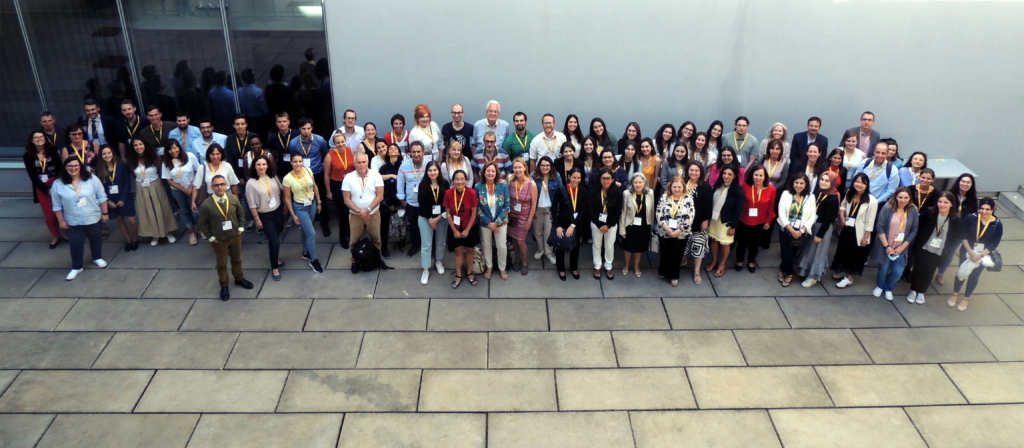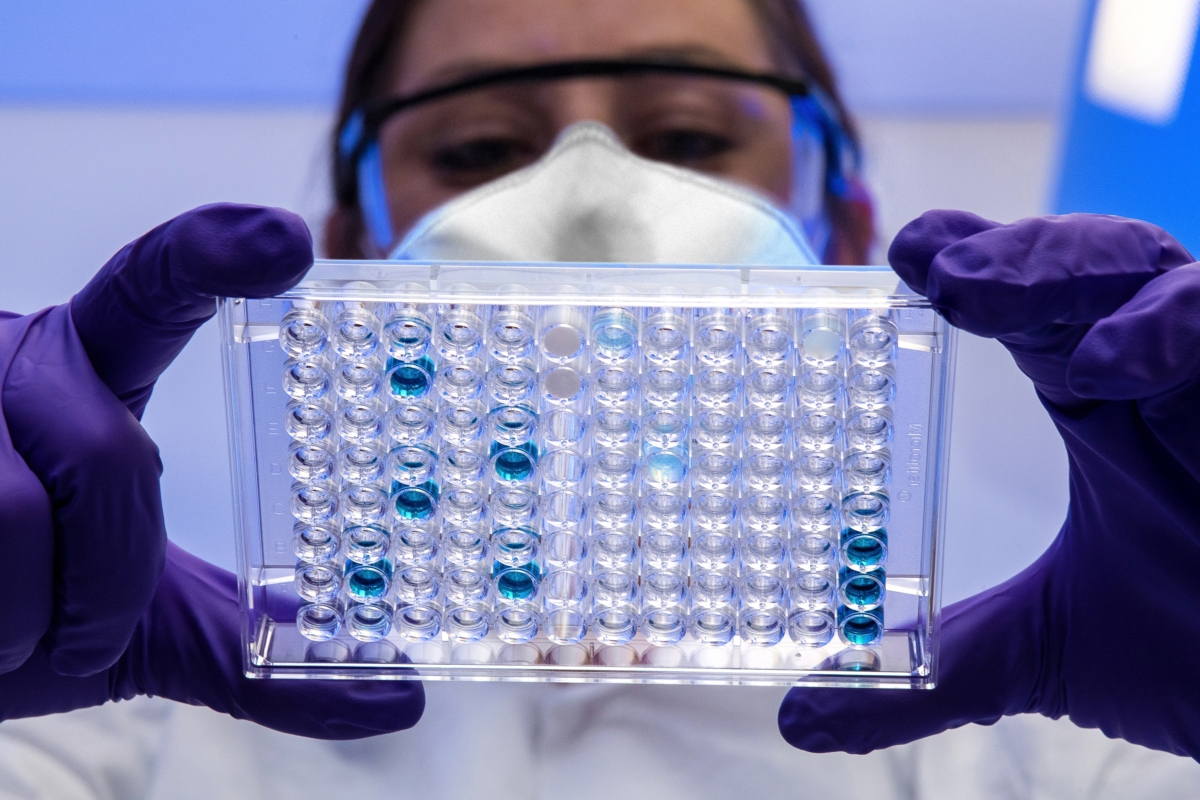STRATAGEM COST Action continues in the context of PANDORA
Achieving a good efficacy of chemotherapy is one of the major challenges still unresolved in oncological patients. The main limitation to the efficacy of chemotherapy is the multidrug resistant (MDR) phenotype, a multiple cross-resistance towards different anticancer drugs.
MDR solid tumours represent a serious clinical problem. Until now, there is only fragmented knowledge on biomarkers and therapeutic tools used against MDR tumours. There are no algorithms predictive or diagnostic for MDR tumours. All past therapies against MDR tumours have failed.
The involvement of these diverse factors in MDR, highlights the need for precision medicine and real-time personalised treatments of individual cancer patients.

A group of researchers from COST Action New diagnostic and therapeutic tools against multidrug resistant tumors (STRATAGEM) has aimed to bring together these multidisciplinary and interdisciplinary features of MDR cancers.
Over the last four years, STRATAGEM has dedicated its research to improve both the diagnosis and therapy of MDR solid tumours. Up to 70% of solid tumours are resistant at diagnosis and this means poor life quality and poor prognosis for patients, as well as high management costs for European healthcare systems.
STRATAGEM has created a one-of-a-kind multidisciplinary network that includes academic laboratories, research institutes, and small and medium enterprises (SMEs), with a wide range of high-level and non-overlapping expertise, which is intensively working on solutions, related to the aforementioned issues. More than 50 scientific publications (including COVID-19-related research) in high impact journals have been published with STRATAGEM’s support, and more than 10 scientific events and Training Schools for Young Researchers and Innovators were organised among other networking activities.

In the first months of the pandemic, STRATAGEM initiated an inter-COST Actions network on Covid-19 mainly to synthesise new drugs or identify FDA approved drugs which could be repurposed as antiviral agents against SARS-CoV-2, and contribute to diagnosis or prognosis of COVID-19.
Last week, the Action organised its final event ‘Meet the Stakeholders, Transition from Academia to Industry’ chaired by Dr Maria-Cristina Ceriani, Director Project Management in Parexel International, and targeting principally Young Research Investigators (YRI). This Event was also a good opportunity to highlight the conclusion of STRATAGEM’s activities during the past four years.
“This event gave the opportunity to show to our YRIs how variegated are the opportunities of careers in the pharmaceutical area, which expertise is required by the potential employees and the tools to acquire them. We are firmly convinced that the high-level education provided by our universities and research Institutions, coupled with the networking activity with the stakeholders that STRATAGEM has carried out and will carry out in the coming year, will give excellent career opportunities to talented young scientists.”
Prof Chiara Riganti, Chair of STRATAGEM
Next steps for STRATAGEM
However, the research network, created by STRATAGEM will continue and its innovation potential keeps on expanding in the context of PANDORA, a COST Innovators Grant.
In June 2022, STRATAGEM was one of the six COST Actions to be awarded the 2022 COST Innovators Grant (CIG) by COST’s governing board, the Committee of Senior Officials (CSO). The grant-winning proposal is called ‘PANDORA – Pan-European Educational Platform on Multidrug Resistant Tumours and Personalised Cancer Treatment.’
The project will start on 1st November 2022 and will last one year. It will include activities, such as training Young Research Investigators (YRIs), Short-term Scientific Missions (STMS), interaction with stakeholders to produce a ‘business plan’ as an endpoint.
What does PANDORA aim to achieve?
It aims at boosting research in the MDR field, which is still highly fragmented at present. To reach this goal, it will converge its efforts in creating a new professional figure of young scientists that are adequately instructed in the different disciplines.
This new figure will encompass interdisciplinary and transdisciplinary training in approaches that include preclinical and clinical research in MDR tumours, directed towards successful development of diagnostic tests or new drugs.
By exploiting the scientific excellence present in STRATAGEM and the experience accumulated in organising Training Schools, practical-theoretical courses, and workshops for young scientists this CIG plans to create a prototype for a training platform.
This will allow each scientist to fill the gaps in their scientific knowledge and acquire a broader set of skills and expertise that will be advantageous at multiple levels.
Young scientists will have better opportunities for employment with pharma/biotech and medical device companies as well as contract research organisations (CROs). In addition, they will have the tools to create start-ups and small-medium enterprises (SMEs). And this will contribute to the technological development and marketing of specific innovative products.
Moreover, the training platform created during the CIG can become, over time, a permanent program for the continuous education of scientists working on MDR tumours.
Additional information
View the Action webpage
View the CIG webpage
View the network website
